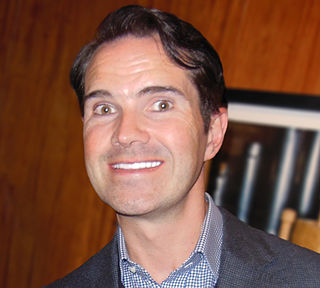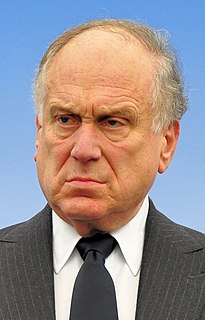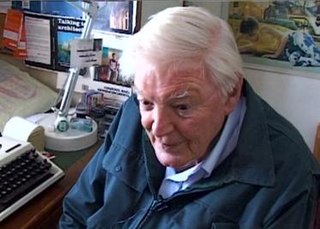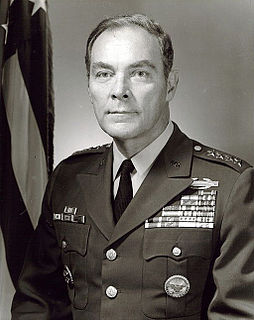A Quote by Indira Gandhi
I never believed in the danger of a third world war.
Quote Topics
Related Quotes
Both of my grandfathers fought in the Second World War, and my great-grandfather died at the Somme in the First World War. I never truly believed that the War just finished and everyone was happy-clappy, brought out the bunting, and felt everything was okay again. That's definitely not my impression of the fall-out of war.
Is it not tragic, for example, that while in the last World War almost everyone believed it was the war to end all wars and wanted to make it so, now in this Second World War almost no writer that I have read dares even suggest that this is the war to end all wars, or act on that belief? We have lost the courage to hope.
You know, it's very clear, as one looks back on history again of the Cold War that, following the crisis in Cuba, following the Khrushchev - beating down of Jack Kennedy in Vienna, that President Kennedy believed that we had to join the battle for the Third World, and the next crisis that developed in that regards was Vietnam.
When World War II came along, which was when I was a teenager, we all expected we would have anthrax bombs and this kind of stuff. We thought it would be a biological war. Fortunately it wasn't and, but it's because the danger is still there and by some miracle we escaped all that, so you never can tell what it going to happen, but biology certainly could be even worse than physics and chemistry.
When I was arrested opposing the war in Vietnam in 1965, as I said about 20 or 30% of people were opposed to the war. By 1968, more than half of Americans were opposed to the war. If you pull in Europeans, Canadians, people from around the Third World, the war was vastly unpopular. But even half of Americans by 1968 opposed the war.











































